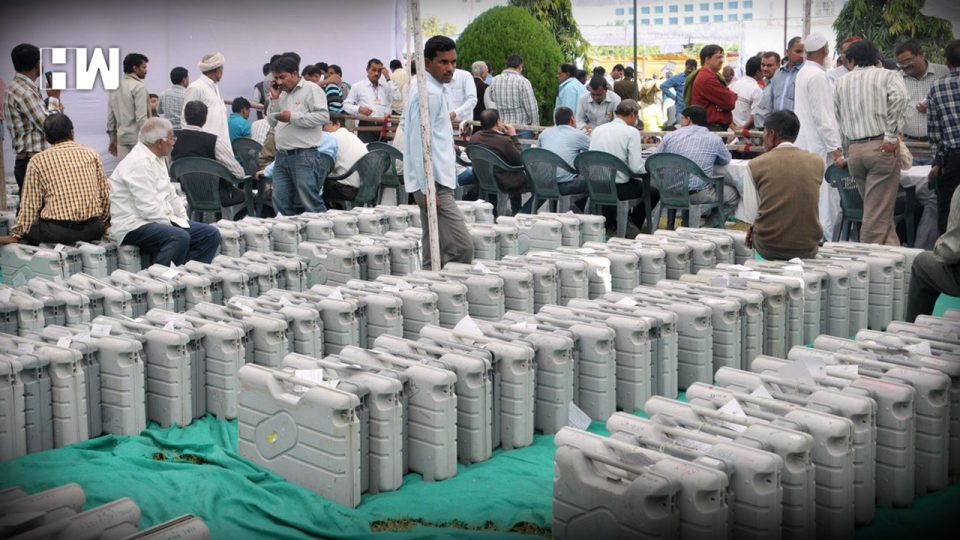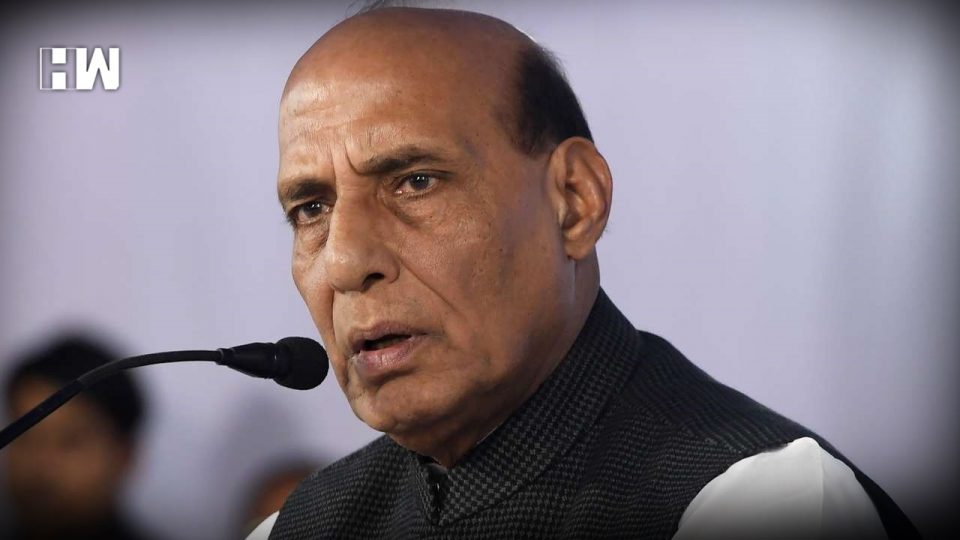New Delhi | The Election Commission on Tuesday asked the Delhi Police to lodge an FIR against a self-proclaimed cyber expert for his claims that the 2014 Lok Sabha polls were rigged and the EVMs can be hacked.
In its letter, the EC said Syed Shuja has allegedly violated section 505 (1) of the IPC pertaining to spreading rumours which creates panic.
The EC asked the police to “investigate promptly” the statement made by Shuja yesterday at an event in London that the Electronic Voting Machines (EVMs) can be tampered with and that the 2014 Lok Sabha elections were rigged.
As an independent media platform, we do not take advertisements from governments and corporate houses. It is you, our readers, who have supported us on our journey to do honest and unbiased journalism. Please contribute, so that we can continue to do the same in future.


